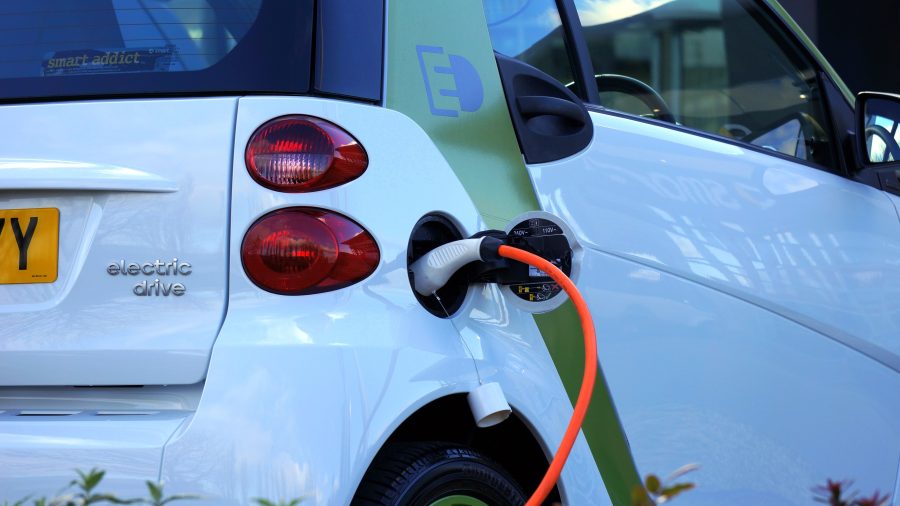Sport Utility Vehicles, commonly known as SUVs, have become increasingly popular in recent years due to their size, versatility, and high driving position. However, the surge in demand for these vehicles has raised concerns about their environmental impact and social responsibility.
SUVs are known for their high fuel consumption and emissions, which contribute to air pollution and climate change. According to the Environmental Protection Agency, the average SUV emits about 20% more greenhouse gases than a typical passenger car. This has led to calls for greater sustainability and social responsibility in the purchase and use of SUVs.

One way to reduce the environmental impact of SUVs is to opt for hybrid or electric models. These vehicles have significantly lower emissions and can be more fuel-efficient than traditional gas-powered SUVs. Additionally, many car manufacturers are investing in sustainable materials and production methods to reduce the environmental impact of their vehicles.
Another way to reduce the carbon footprint of SUVs is to practise responsible driving habits. This includes reducing unnecessary trips, carpooling, and maintaining proper tire pressure to improve fuel efficiency. Regular vehicle maintenance can also help ensure that the SUV is running at optimal efficiency and producing fewer emissions.
In addition to environmental concerns, SUVs also raise questions about social responsibility. These vehicles are often associated with luxury and status, and their use can contribute to income inequality and social injustice. However, SUVs can also provide practical benefits for families, businesses, and individuals with unique transportation needs.
To address these concerns, some consumers are turning to alternative modes of transportation such as biking, walking, and public transit. Others are choosing to buy used or smaller vehicles that are more fuel-efficient and produce fewer emissions.
Overall, the purchase and use of SUVs require careful consideration of both environmental and social impacts. By opting for sustainable and responsible practices, consumers can reduce their carbon footprint and contribute to a more equitable and sustainable transportation system.


